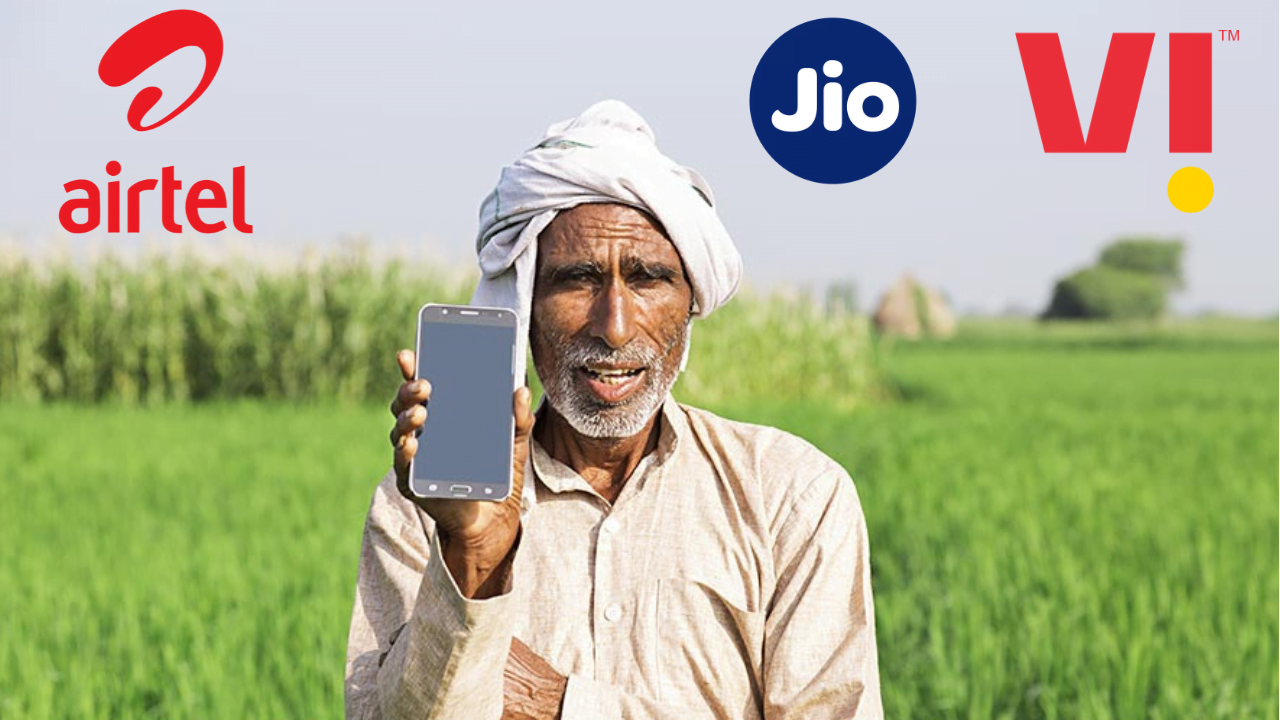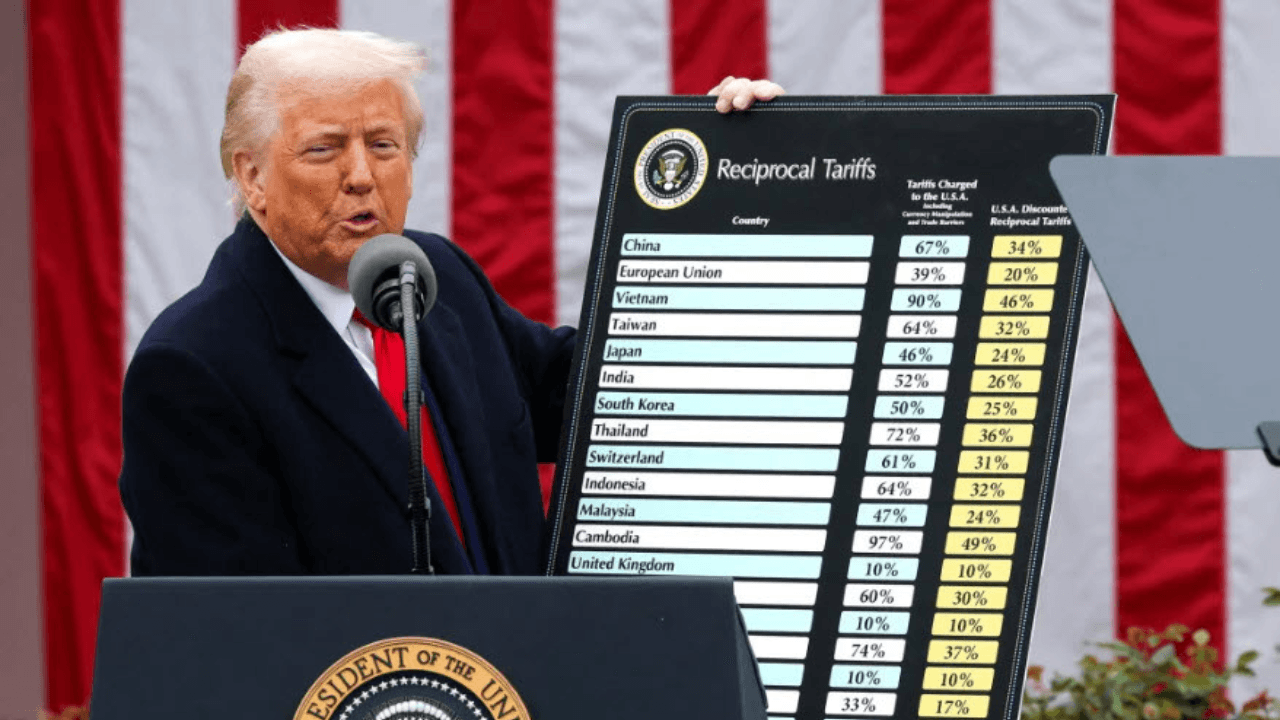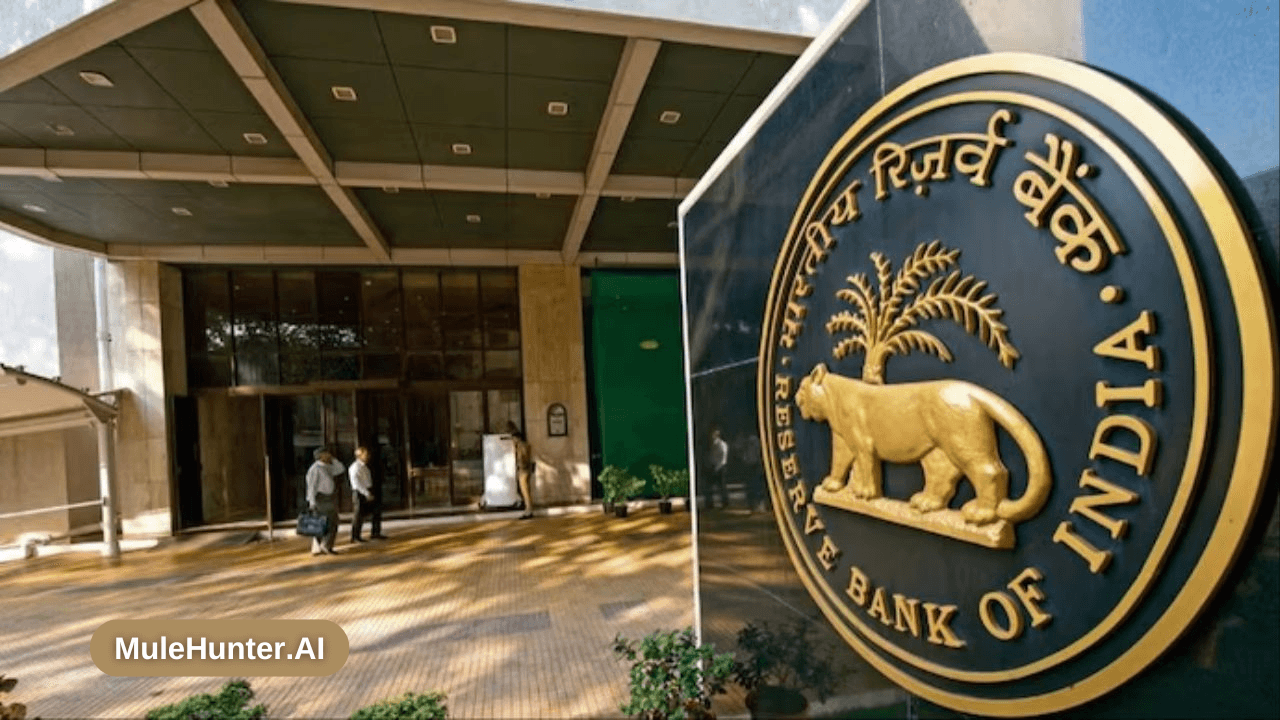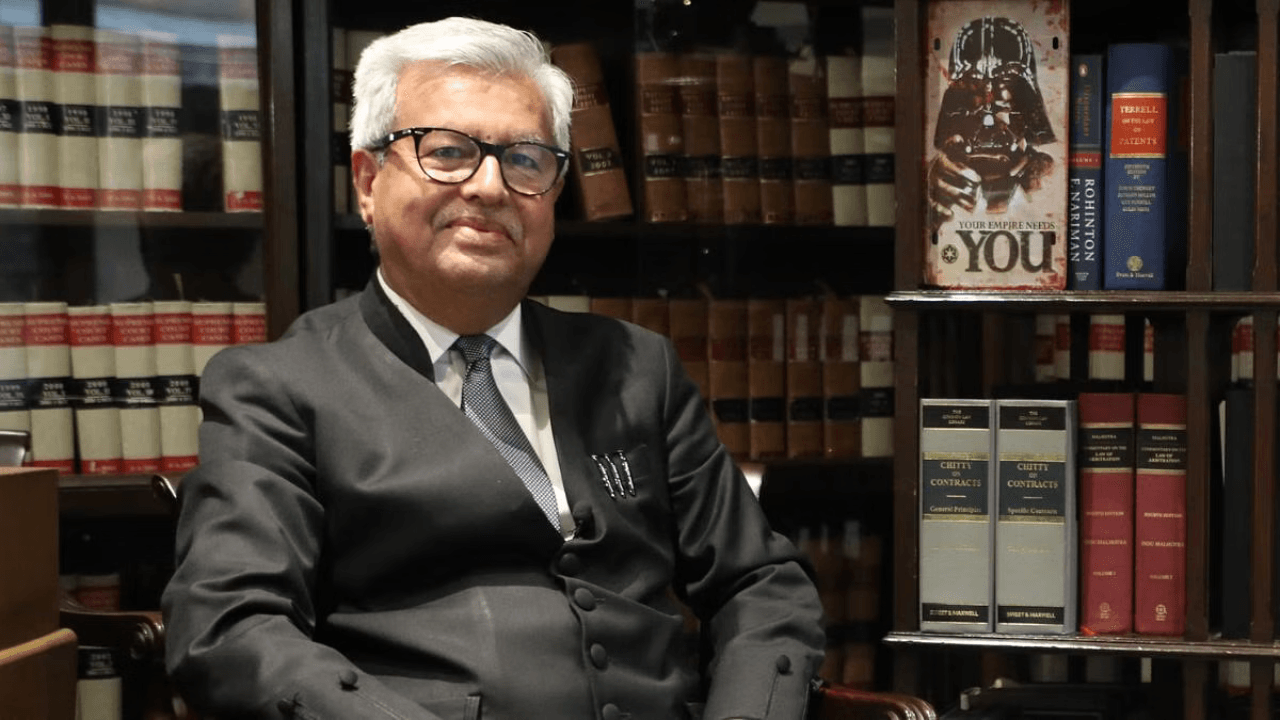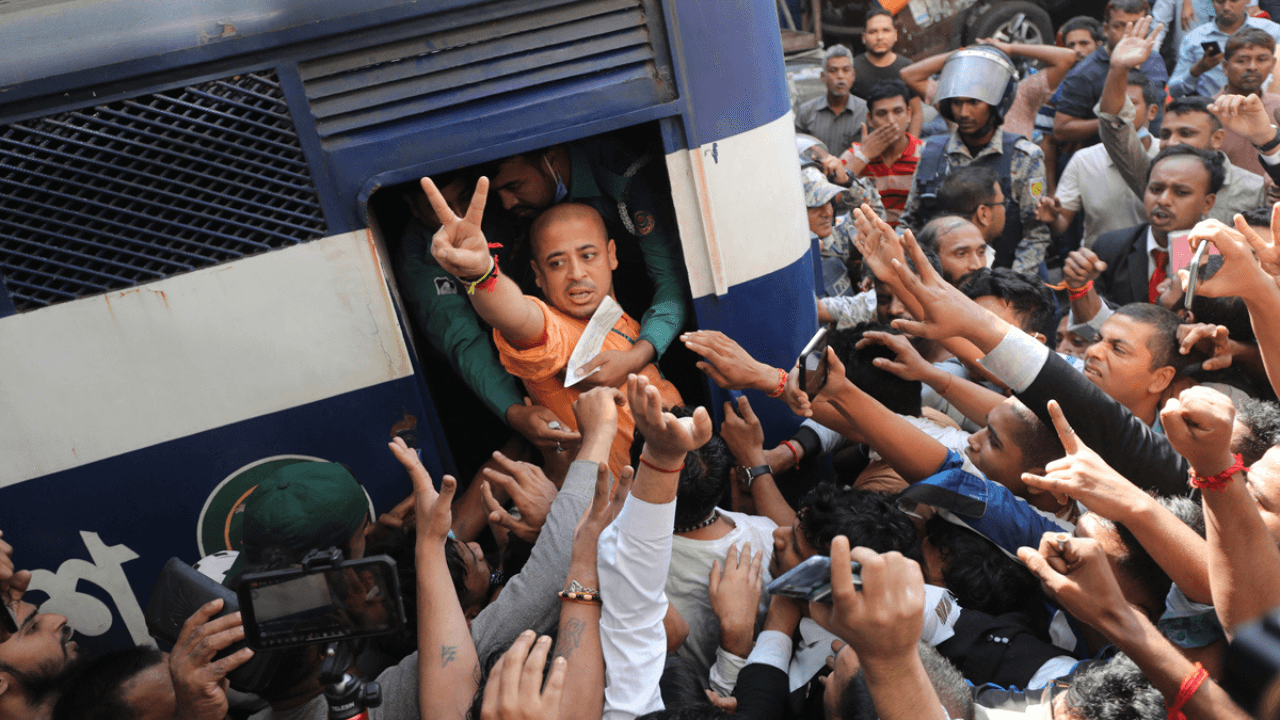The recent announcement by major telecom operators in India—Reliance Jio, Bharti Airtel, and Vodafone Idea—about significant tariff hikes has sent ripples through the market. Effective from July 1, 2024, Jio’s tariff hikes range from 12% to 25% across various plans. Bharti Airtel’s new tariffs will be effective from July 3, 2024. While these hikes are primarily aimed at accommodating the increased costs associated with expanding 5G technology, they pose significant challenges, particularly for rural India.
Disparities in Connectivity
In rural pockets of India, such as Seemanchal and Assam, internet connectivity remains a persistent issue. Despite the promises of digital inclusion, these areas struggle with slow and unreliable internet services. This digital divide means that the rural population, which constitutes a significant portion of India’s demographic, remains cut off from the digital revolution that urban centers enjoy. The recent tariff hikes exacerbate this divide, as higher costs may discourage already underserved populations from maintaining their mobile connections.
Public Good and Rural Impact
From a public good perspective, the increased tariffs are daunting. For many in rural areas, mobile phones are not just communication tools but also gateways to essential services such as banking, education, and healthcare. The additional financial burden imposed by higher tariffs can force people to limit their usage or, in the worst-case scenario, disconnect altogether.
Moreover, new TRAI regulations stipulate that if a person does not recharge their mobile number within a three-month period, their number will be impounded. This regulation adds another layer of pressure on rural users who might struggle to meet these financial demands consistently. Losing their mobile number can mean losing access to crucial services and networks, which can have dire socio-economic consequences.
The Broader Implications
The broader implications of these hikes are far-reaching. Higher costs can lead to reduced digital participation, widening the existing gaps between urban and rural India. It also risks stalling the progress made in digital literacy and financial inclusion in these areas. As telecom operators seek to balance their financial health with customer satisfaction, it is crucial that they consider the socio-economic fabric of rural India.
To mitigate these effects, there should be targeted interventions such as subsidized plans for rural users or government-supported initiatives to enhance connectivity in underserved areas. The digital divide can only be bridged through concerted efforts that address both infrastructure and affordability issues.
In conclusion, while the telecom industry must evolve and sustain itself financially, it is imperative to ensure that this evolution does not come at the cost of the rural populace. The need for a balanced approach that promotes both economic viability for telecom operators and equitable access for all citizens is more pressing than ever. As India strides towards a digital future, it must ensure that no part of its population is left behind.

